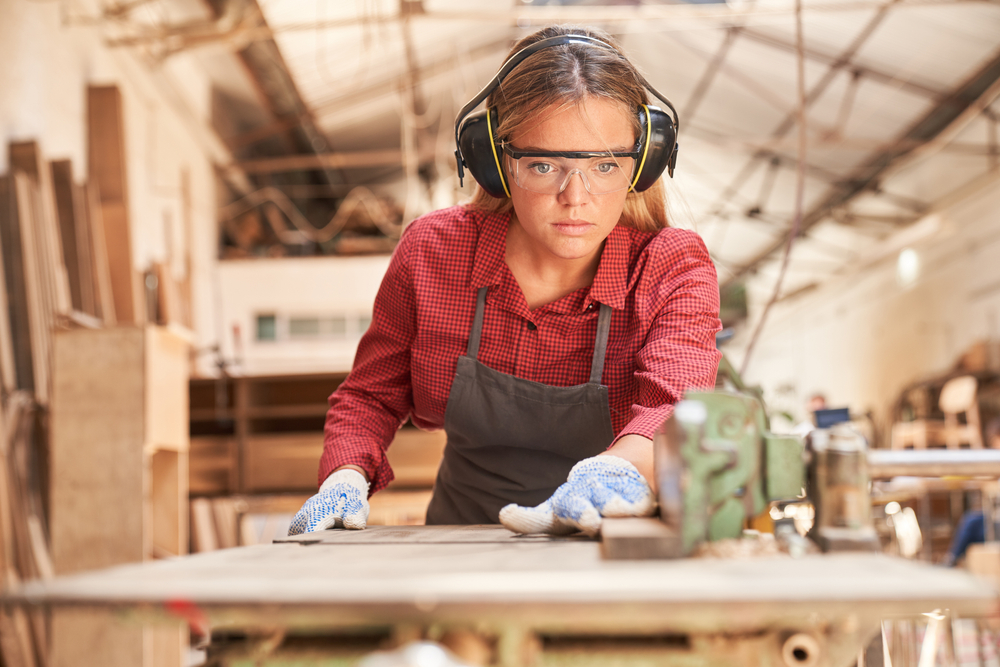Hearing protection plays an essential role in protecting your ears against harmful noise levels, whether at work, concerts, or even while doing DIY projects at home. However, a number of factors can impact the effectiveness of your hearing protection, leaving you exposed to possible risks. Understanding these issues can help you address them proactively and optimize the advantages of your protective gear.
Why hearing protection falters: common scenarios
Even when you observe best practices, unexpected challenges can happen. You wear your earmuffs faithfully at work, wear earplugs at concerts, and stay away from noisy situations whenever you can. Yet, certain variables can still disrupt your hearing protection’s effectiveness. Luckily, by recognizing these common pitfalls, you can make informed adjustments to ensure your hearing is always well-protected.
1. Specific circumstances call for specific types of hearing protection
Hearing protection isn’t one-size-fits-all, and selecting the wrong type for a given setting can decrease its effectiveness.
In general, hearing protection falls into two main categories:
- Earplugs: Little, flexible inserts that seat snugly inside the ear canal.
- Earmuffs: Bigger, headphone-like device that goes over the whole ear.
There is an ideal type for each situation:
- Earplugs are suitable for settings with constant noise levels, like factory floors or airplane cabins.
- Earmuffs are better for settings with periodic noise, like a construction site where machinery starts and stops constantly.
If you’re in a quiet setting and need to momentarily remove your hearing protection, earmuffs are easier to deal with. However, earplugs, especially disposable ones, can be easily lost, leaving you unprotected when noise levels rise again. Selecting the right hearing protection for your needs is the first step toward safeguarding your hearing effectively.
2. Personal anatomy impacts fit and effectiveness
Some devices will fit better than others based on the size and shape of the individual’s ears. An average sized ear is what basic earplugs and earmuffs are designed for, but a more individualized solution might be required for your ear’s anatomy.
- Smaller ear canals: The noise-blocking ability of standard-sized earplugs might not be effective if narrower ear canals impede the formation of a proper seal.
- Larger ear structures: Earmuffs could be uncomfortable if your ears are bigger than average creating gaps in the seal.
If your hearing protection isn’t fitting correctly, you could become discouraged and decide to discontinue using them altogether which can endanger your hearing. If you spend significant time in loud settings, consider investing in custom-molded earplugs or professionally fitted earmuffs. Choosing to go with a more customized approach will offer you increased comfort and effectiveness, keeping your hearing safe in any scenario.
3. Failing to maintain or replace ear protection
In order to remain effective, hearing protection devices need to be properly maintained just like any other devices do. Their ability to supply adequate protection can be compromised by things like improper cleaning, wear and tear, and failure to replace them when needed.
Here’s how to take care of your hearing protection:
- Replace Cushions: Over time, earmuff cushions can lose their pliability. In order to maintain a tight seal, replace the cushions when necessary.
- Clean Properly: Debris and earwax can build up on your hearing protection over time. Clean them regularly using manufacturer-recommended techniques to ensure cleanliness without damaging the material.
- Inspect for Damage: Inspect the elastic band on earmuffs regularly. Their ability to efficiently block noise can be compromised if the elastic band is loose or stretched.
Your hearing protection will be less effective and possibly useless if you disregard these simple maintenance duties. Regular upkeep is crucial to extend their lifespan and ensure reliable performance.
What is the role of a hearing specialist?
If you’re unsure whether your hearing protection is getting the job done, schedule an assessment appointment with us. We can check your current devices, suggest alternatives, and even offer personalized solutions tailored to your particular needs.
Protecting your hearing is a lifelong commitment, and it’s worth the effort to make sure you’re using the best tools for the job. You can safeguard and preserve your hearing for many years by addressing these common challenges.
[blogcta]

